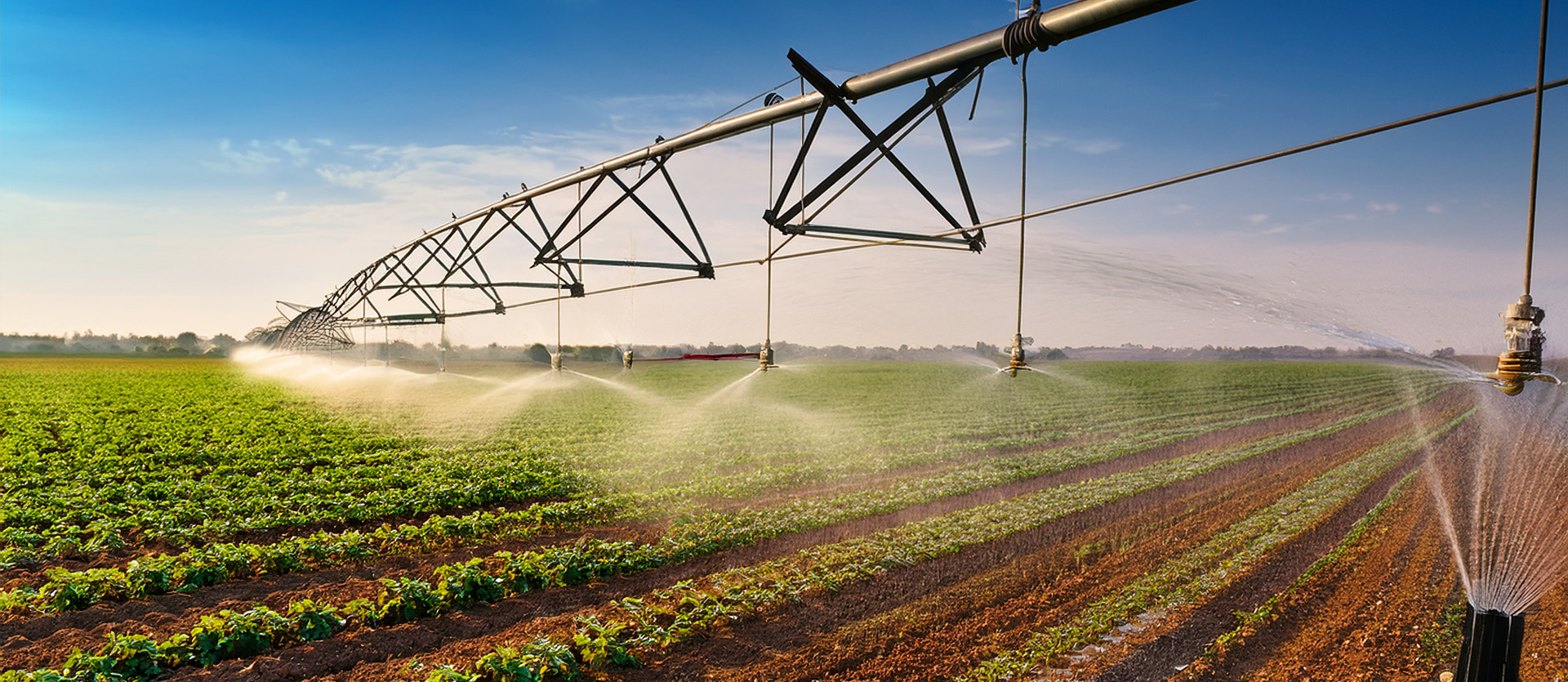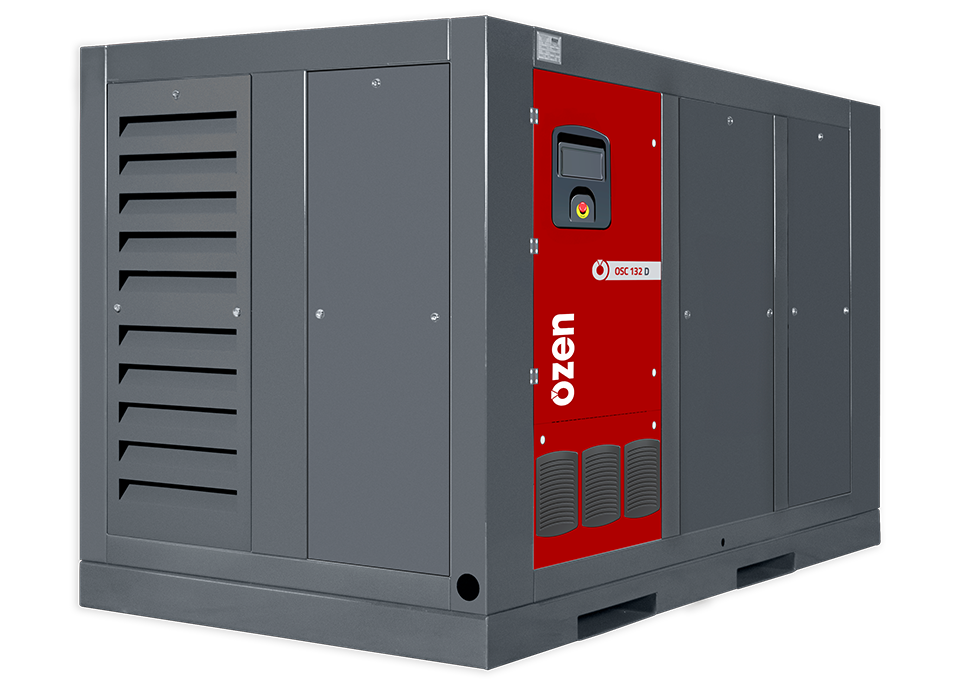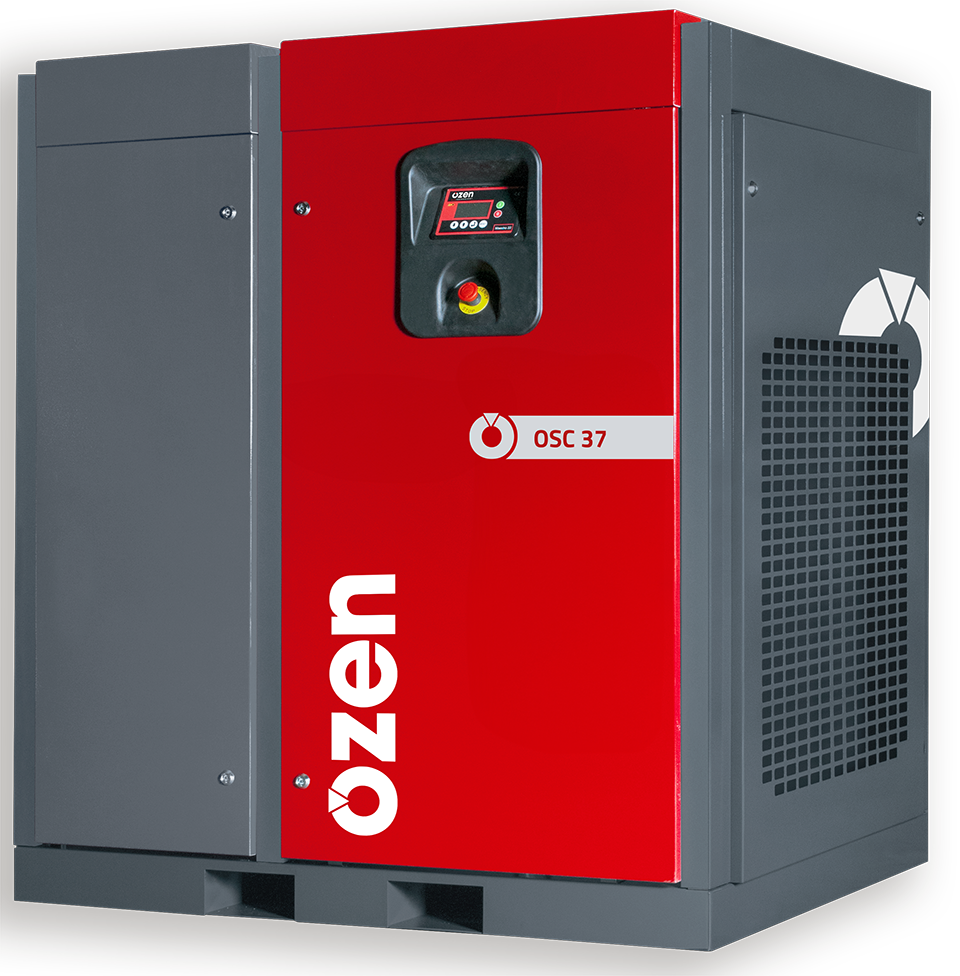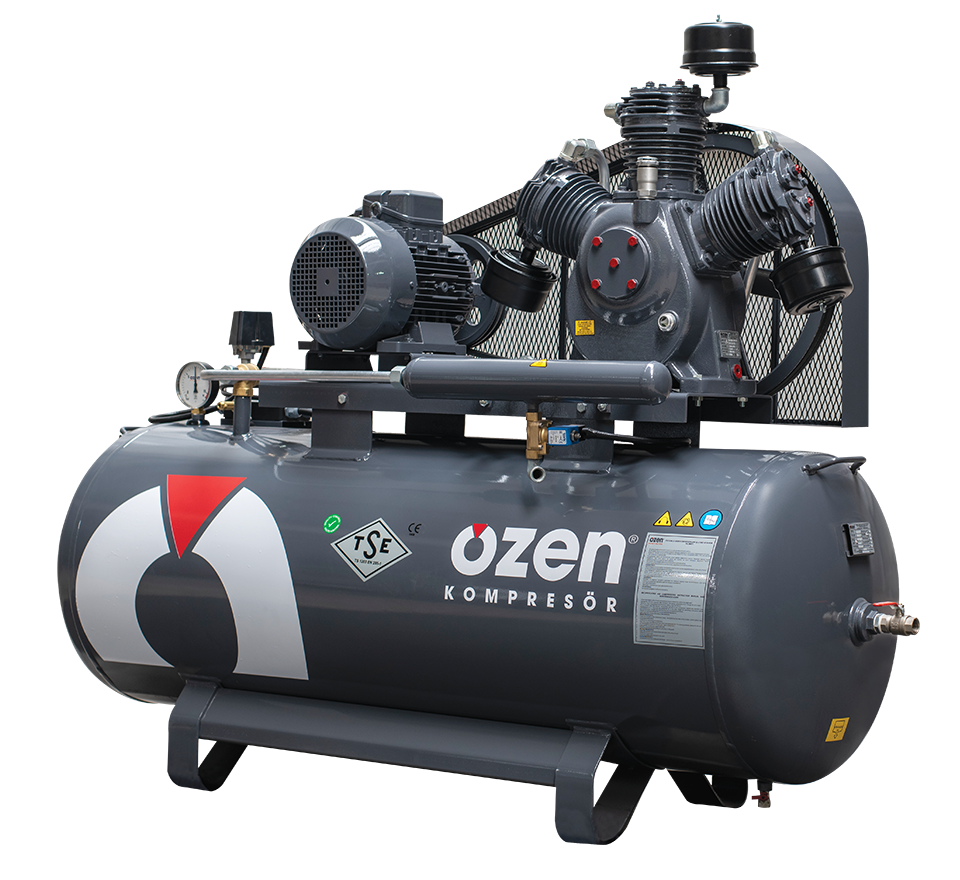The Role of Air Compressors in Irrigation System Maintenance
27 March 2025, Thursday

The efficiency and durability of irrigation systems are among the critical factors affecting productivity in agriculture. Maintenance and cleaning methods of these systems are extremely important in terms of plant health and water conservation. In modern agricultural practices, irrigation systems are optimized with air compressors. Air compressors offer an effective solution to prevent blockages in pipe systems and to optimize water flow. While traditional cleaning methods can be time-consuming and costly, the use of compressed air provides faster and more efficient cleaning. In agriculture and food production, air compressors serve various functions in multiple areas. Potential application areas include:
Water Pumps
Water pumping systems play a crucial role in transferring water across agricultural land. They are commonly used to transport water from ponds to fields or for direct irrigation. This energy-efficient technique allows water to be moved at high flow rates with reduced energy consumption. In this way, farmers can utilize water resources more efficiently and improve the health of their crops.
Air Compressor-Based Irrigation System
Effective irrigation is a fundamental element for healthy plant growth. The Air Compressor-Based Irrigation System offers an innovative solution to deliver the right amount of water at the right time. Mimicking natural rainfall, this advanced irrigation system ensures uniform and gentle watering, effectively preventing common issues such as waterlogging or drought caused by traditional methods. This precision irrigation technique is vital as it supports the healthy development of plant roots and allows plants to thrive in a suitable environment. Providing equal distribution of water also helps maintain soil structure and is essential for crop development.
Agricultural Air Compressors for Grain Production and Storage
Agricultural air compressors play a significant role in grain production and storage processes. Especially in rice cultivation, air compressors are used to aerate water and apply pesticides. They also offer an effective solution for cleaning empty spaces in grain storage units. In rice paddies, insufficient oxygen in the water can cause rice roots to swell and deteriorate, negatively affecting crop yield. Agricultural air compressors improve these conditions effectively by supplying large amounts of oxygen into the water via jet pumps. Thus, they help increase oxygen levels, essential for the healthy growth of rice plants.
The Importance of Air Compressors in Agriculture: Water Conservation and Efficiency
Water is a fundamental resource for agricultural production. Especially in arid regions, water scarcity poses a major challenge for farmers. Using water efficiently in irrigation systems is crucial not only for the healthy growth of plants but also for maintaining farmers’ income. Traditional irrigation methods are often performed manually, leading to water waste and reduced efficiency. This is where air compressors come into play, enabling more effective water usage.



Automatic and Efficient Irrigation
Irrigation systems powered by air compressors operate with an automatic mechanism. They provide irrigation at set times and in appropriate amounts without requiring manual intervention, helping to conserve water. At the same time, they reduce the need for labor, easing the workload of farmers. With automated irrigation, plants receive the necessary amount of water in the most efficient way, leading to better use of water resources.
Balanced Water Distribution and Reliability
Air compressors used in agriculture regulate water pressure and flow, ensuring equal distribution of water across all areas of the land. Malfunctions in irrigation systems are reduced, and production becomes more consistent. Fewer malfunctions mean lower maintenance and repair costs for farmers, offering an economic advantage as well.
